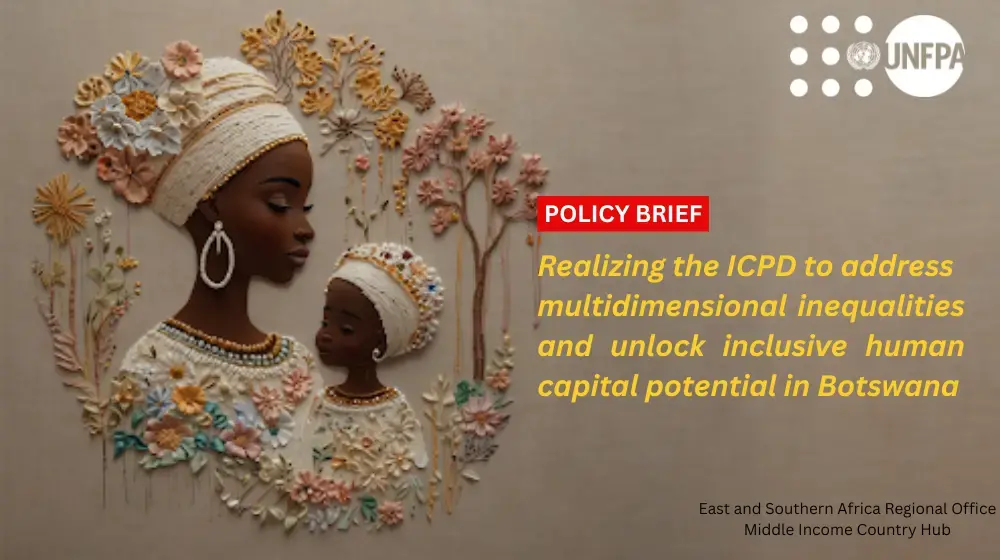Parliament has adopted the Revised National Population Policy, which aims at improving the quality of life and standard of living in the country.
Its cardinal elements are low morbidity and mortality, managed urbanisation, population distribution and migration, improved housing and sanitation, increased access to services and resources, full employment, reduced poverty, diversified economy, sustained and more equality distributed growth.
Presenting the policy, Minister of Finance and Development Planning, Mr Kenneth Matambo, said the revised goal entailed a holistic approach that addressed population concerns within the context of national development planning.
It also addresses national aspirations outlined in Vision 2016 and the countrys commitment to the implementation of the internationally agreed compacts and policy frameworks such as the Millennium Development Goals.
He said to achieve its objective the revised policy proposed a number of strategies, which were divided into demographic and population health, population groups, population distribution and migration, social services and poverty, resources, development and environmental conservation, research, information and communication, gender, culture, law and trade and international relations.
Mr Matambo said it was now 13 years since the adoption of the first policy and his ministry found it necessary to review it, taking note of the increased impact of HIV/AIDS on the populations mortality and morbidity and its general well being.
He said the pandemic had impacted heavily on the demographic outlook of the population, which necessitated a review, adding that by contrast, fertility declined sharply from the 1990s level of 4.2 children per woman to about 2.9 in 2007 which was below the 1997 policy target of 3.2 by 2011.
Mr Matambo said the adoption of the Millennium Development Goals (MDGs) in 2000 also gave a new impetus to the countrys development framework and the revised policy recognised the MDGs as a global framework for improving the well being of the people.
Mr Matambo said the 1997 policy objective was premised on the need to restrain the rapid growth of the population in recognition of the fact that high population growth presented a challenge to government efforts to improve the delivery of services and its ability to maintain as well as sustain the natural environment.
He said Botswanas population growth rate was estimated at 3.5 per cent per annum between 1981 and 1991 and declined to 2.4 per cent between 1991 and 2001, thereby presenting less of a challenge than it was in the 1980s. BOPA




